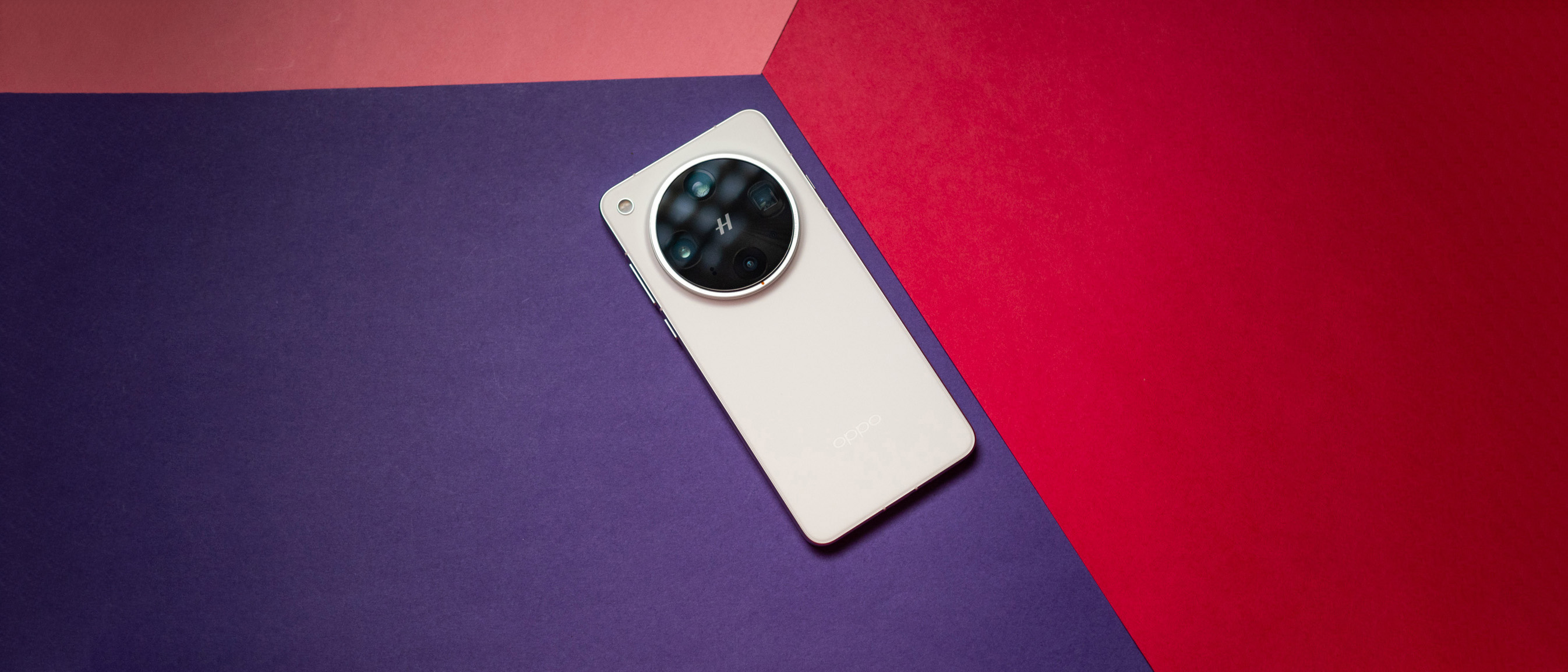Pixel 8 and 8 Pro will get Android OS updates until 2030 — that's a game-changer
The Pixel 8 series will get more platform updates than any other phone — including the iPhone.
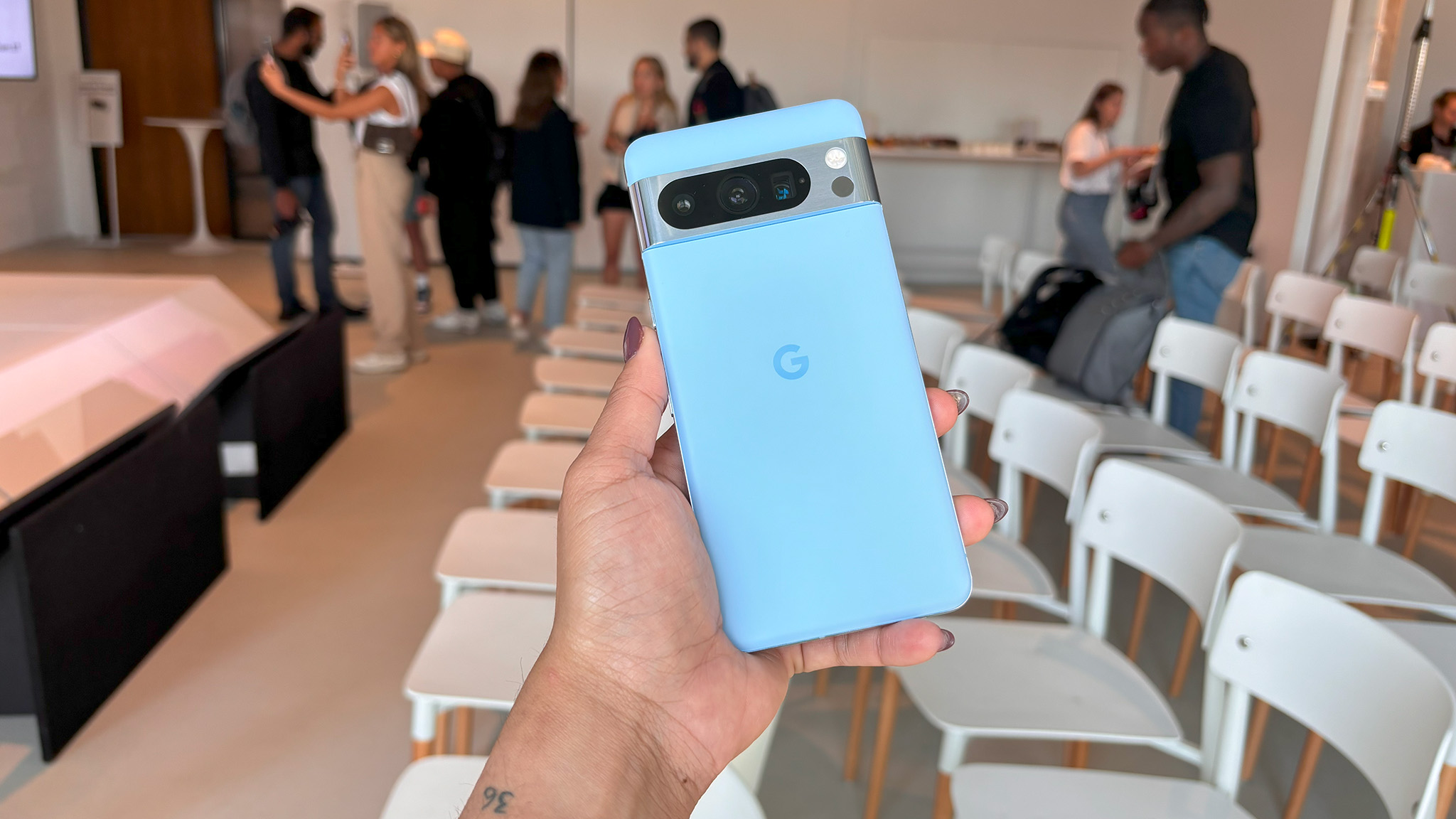
Google just introduced the Pixel 8 and 8 Pro, and they offer the usual slate of camera and hardware upgrades that we're used to on an annual basis. Google is also making a big deal out of all the new AI-assisted features it is introducing on these devices, and while that's certainly intriguing, what piqued my interest the most is the software update policy.
The Pixel 8 and 8 Pro will get seven years of Android OS, security, and Feature Drop updates, and that's significantly more than any other phone available today, including the latest iPhones. Google stated last year that the Pixel 7 and 7 Pro will receive five years of updates, but that includes just three Android OS updates and five years of security updates.
The Pixel 8 series is different; these phones will get seven Android OS updates in total, and that fundamentally alters the paradigm for long-term software updates. And before you ask, I hounded Google several times this week to confirm whether the seven-year guarantee includes Android platform updates and not just security patches. Google clarified that yes, these devices will get seven Android OS upgrades, or as many as the brand releases until 2030. That is wild.
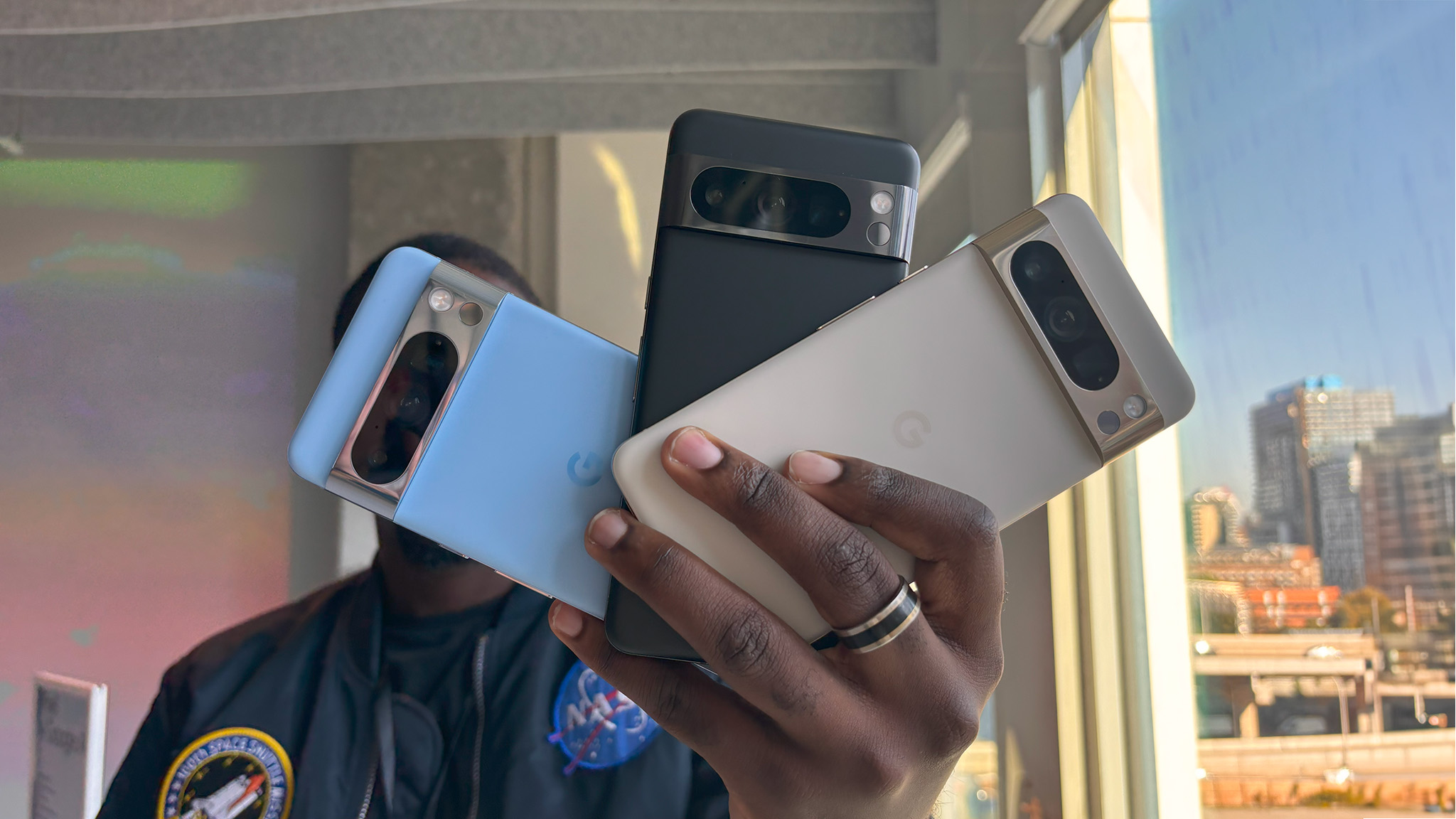
I cannot fathom what phones will look like in seven years' time, but when Android 21 rolls out, it will make its way to the Pixel 8 and 8 Pro. Here's what a Google spokesperson confirmed to me:
"We believe that this latest generation of Pixel phones should last into the next generation…and the generation after that. The whole point of Pixel is not to sell you as much hardware as possible, but to give people the best possible way to access Google services. For that reason, we want people to use their phones as long as possible. That’s why security updates and feature drops are so important, but also why we have other ways to improve our phones with Play store and Play services updates."
"Beyond those, it’s only natural we’d want to extend the amount of updates our users get. For the first time, we are expanding Pixel 8 and Pixel 8 Pro support to 7 years of OS upgrades, Feature Drops and security updates."
"This approach optimizes for what we’ve heard our users care about most: keeping their phone secure and up-to-date. That means your Pixel 8 and Pixel 8 Pro will be supported all the way through 2030. No other major smartphone brand offers this level of commitment to support and longevity, and we’re so excited to extend support even longer and set a new standard for smartphones."
Be an expert in 5 minutes
Get the latest news from Android Central, your trusted companion in the world of Android
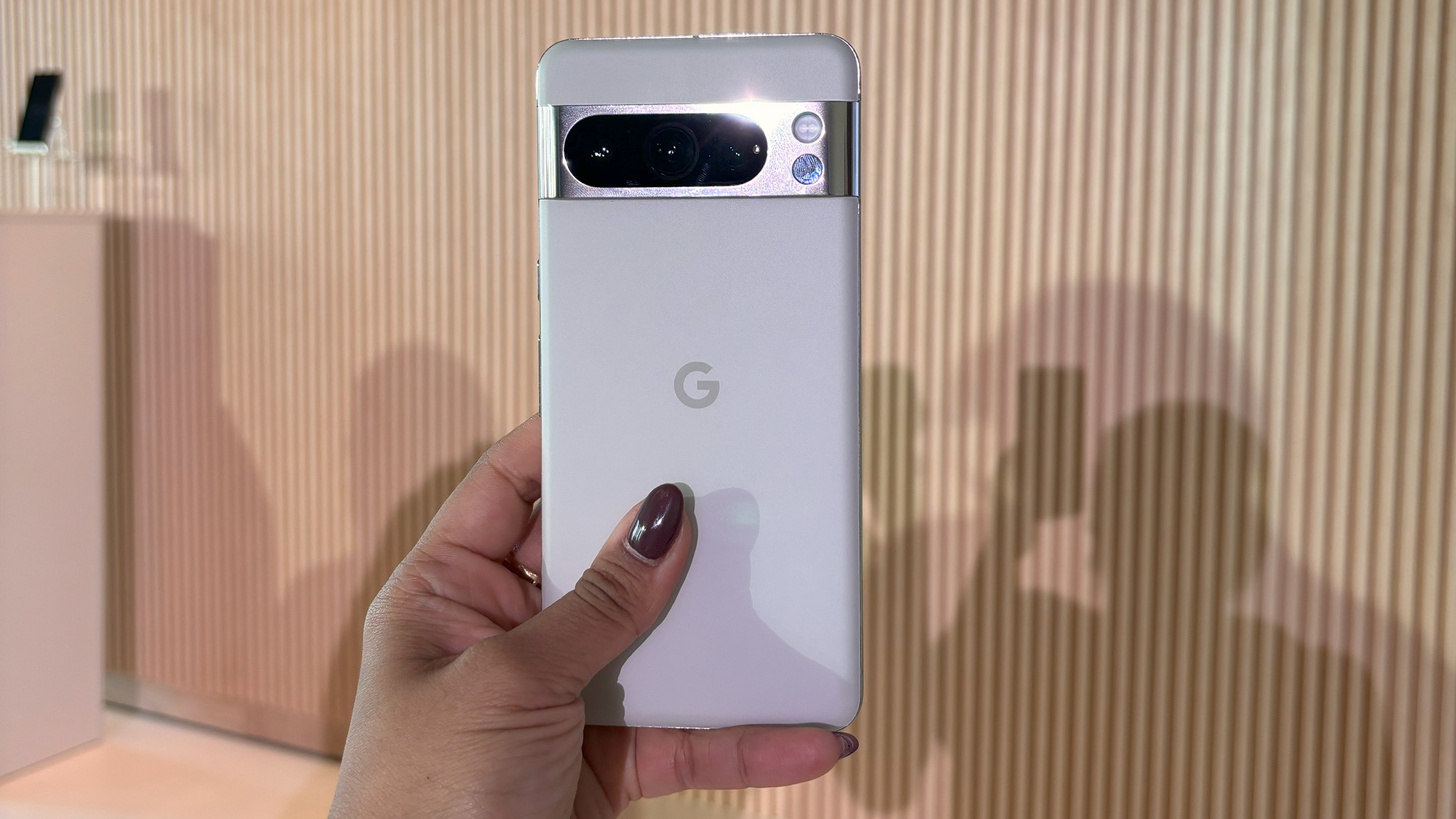
Android phones lagged behind their iPhone rivals when it comes to long-term updates, and while Google sought to remedy this in the past by offering three platform updates to all of its phones, the move did nothing to entice other manufacturers to follow suit.
Even until 2020, an overwhelming majority of Android phones used to get just two guaranteed Android OS updates, and I wrote at the time that Samsung needed to take charge if there was to be any meaningful change in this area. The South Korean brand did just that during the unveil of the Galaxy Note 20 series, offering three years of Android OS updates to its mid-range and high-end devices. It was a genuine differentiator for the brand as it allowed its phones to stay relevant for longer.
Samsung once again moved the needle in 2022, guaranteeing four Android OS updates to most of its phones starting with the Galaxy S21 series. This made other brands sit up and take notice, and one by one, they started matching Samsung's guarantee: OPPO and OnePlus started offering four Android OS updates and five years of security updates from the start of 2023, and Xiaomi also joined the bandwagon recently.
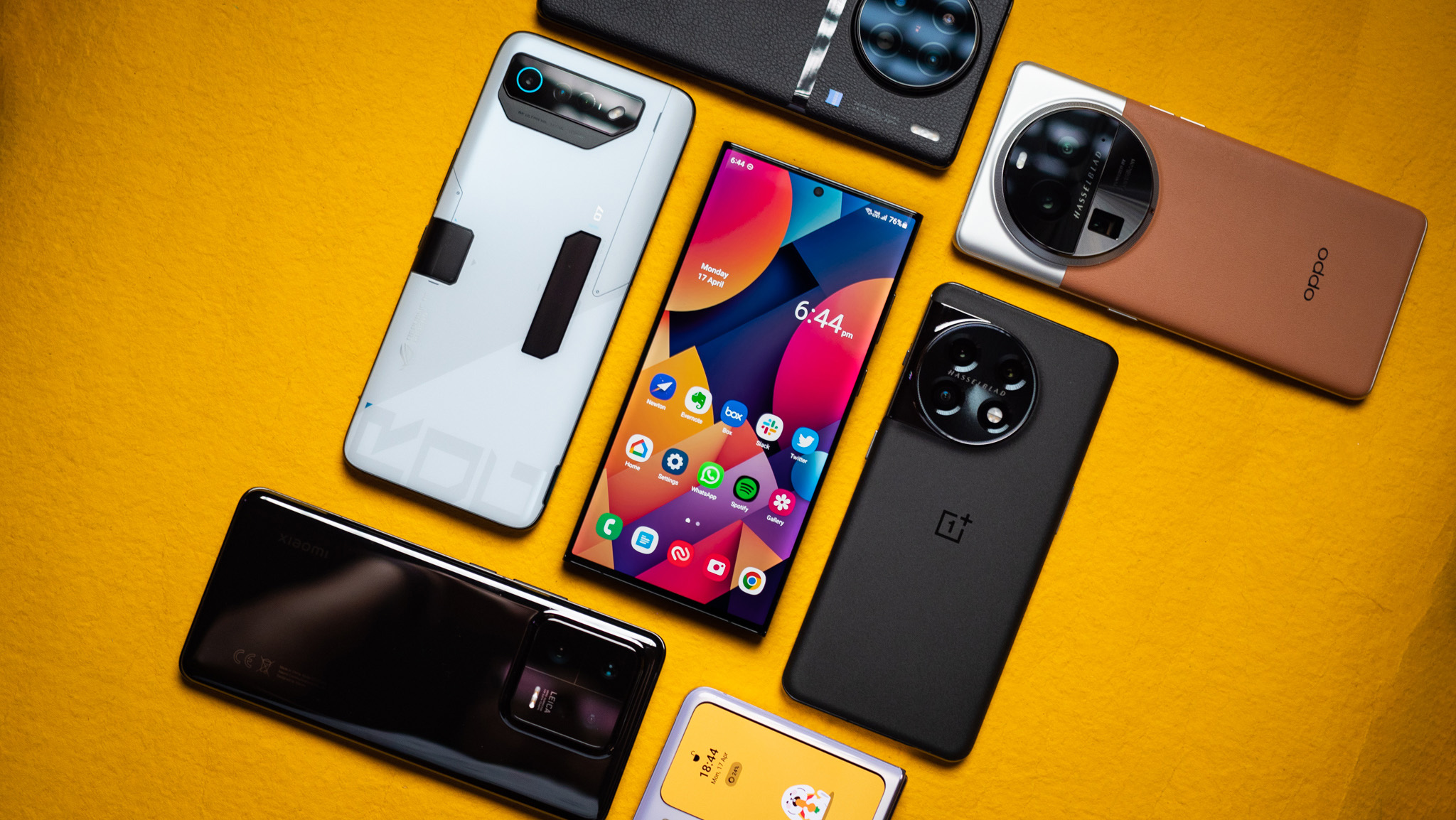
In just three years, most Android brands doubled their update guarantee, and the best Android phones now get four platform updates as standard. With the introduction of the Pixel 8 series, Google is overtaking Apple — which provides six iOS updates to its phones — in what is a pivotal moment for Android as a whole.
Google laid the groundwork for this move three years ago with the introduction of the Tensor platform, teaming up with Samsung LSI to design custom hardware for its phones and tablets. This vertical integration allows Google to dictate how many updates it can roll out to its phones without being reliant on an external chip vendor like Qualcomm. Without this level of control, Google just cannot roll out long-term updates to its phones, and even then, it is a sizeable undertaking.
Although Google is still the underdog in terms of sales figures, Pixel phones are seeing increased momentum in the dozen or so markets where they're sold, and that figure is only set to increase given the new features coming to the Pixel 8 series. With Google throwing down the gauntlet, we'll now have to wait and see how Samsung responds with the Galaxy S24.

The Pixel 8 Pro takes one of the best cameras and makes it even better. With faster hardware and unmatched software update policy, this is the ultimate upgrade.

Harish Jonnalagadda is Android Central's Senior Editor overseeing mobile coverage. In his current role, he leads the site's coverage of Chinese phone brands, networking products, and AV gear. He has been testing phones for over a decade, and has extensive experience in mobile hardware and the global semiconductor industry. Contact him on Twitter at @chunkynerd.
